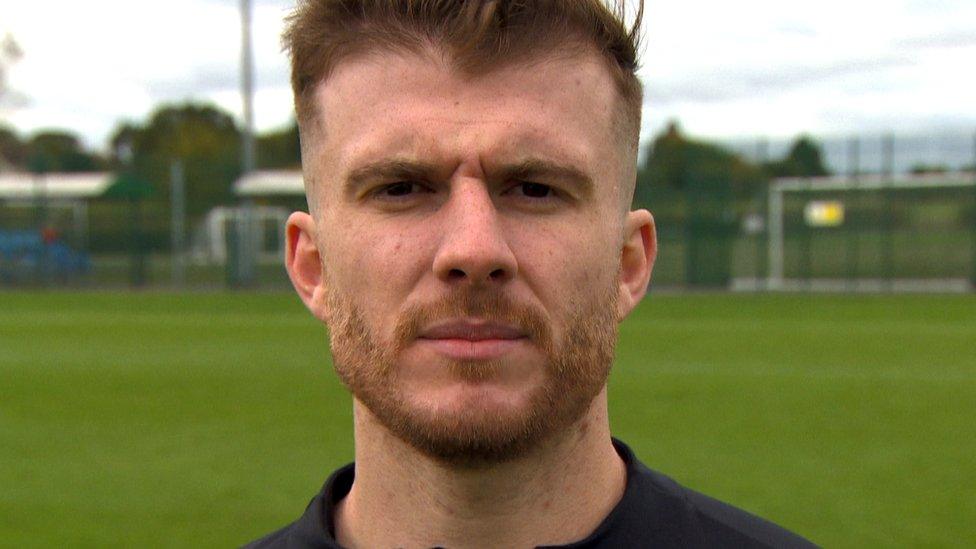Innes FitzGerald: The teen turning down championships for the planet
- Published
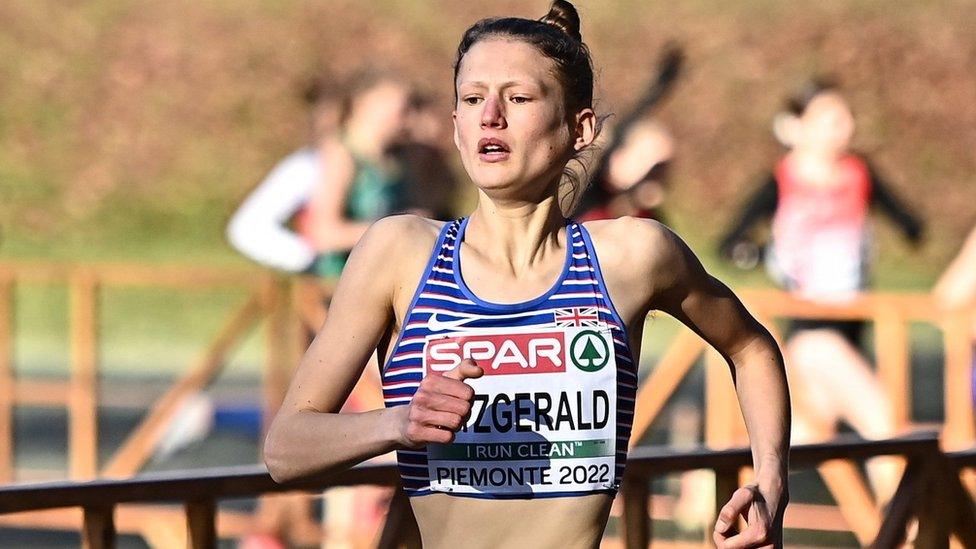
At 16 years old, athlete Innes FitzGerald is racing to help the planet.
The promising long-distance runner has turned down the chance to compete in the World Cross Country Championships.
Her reasoning? The contest is in Australia, thousands of miles from her home in Devon. Innes says she cannot justify flying in a climate crisis.
"I had to make a move. I had to do something just to make sure people were aware of the problem," she says.
"I just thought I needed to do something," Innes tells BBC Newsbeat.
"So when I had the opportunity to go to Australia, I was like, well, this is when I should say something."
She wrote a letter to British Athletics, first published in Athletics Weekly,, external where she wrote that travelling fills her "with deep concern".
"I would never be comfortable flying in the knowledge that people could be losing their livelihoods, homes and loved ones as a result," her letter says.
"The least I can do is voice my solidarity with those suffering on the front line of climate breakdown.
"Coming to a decision has not been easy, however, little compares to the grief I would feel taking the flight."
'It's an emergency'
The response from British Athletics has been muted - the organisation declined to comment when approached by BBC Newsbeat and Innes says she only got a short response herself.
However, others have praised Innes for showing climate leadership. Now the teenager hopes other athletes will follow her example.
"I hope that more athletes will begin to question their choices," says Innes.
"Obviously, I don't expect everybody to behave in the way that I am but I think just doing little bits that they feel that they maybe can do.
"And more high-profile athletes, having such a big media platform, they should use that and talk about the issues."
Innes' choice highlights an issue in global competitive sport: is there a way it can be less travel-intensive?
The Qatar World Cup had pledged to be the first carbon-neutral tournament but there were an estimated 500 flights every day in and out of the capital, Doha, which cast doubt on those ambitions.
And Nottingham Forest had to defend itself after flying to and from Blackpool - 20 minutes each way - for a match in January.
For Innes, she appreciates sport is a global event but for now she's limiting herself to only competing in the UK and Europe.
She ranked fourth in the U20 European Women's Cross Country Championships in December - she took the train to Italy to compete there - and she's conscious that her decisions could have an impact on her future career.
"It's really difficult because there's only so many competitions you can do with the same people in your home country," she says.
"Even now, I think I've let something go, I've maybe let my younger self down a bit.
"But I think the situation of the climate, it's an emergency - you have to act as if it's an emergency."

Analysis
By David Lockwood, head of sustainability for BBC Sport
A return economy flight from London to Sydney generates around 2,484 kg of CO2 per passenger, this is just from the burning of the fuel.
However, CO2 emitted at high altitude has an elevated impact - by a factor of around 2.7 - which would equate to 6,707 kg CO2.
There is no doubt that Innes' decision to not fly to Australia has already provoked debate and raised awareness of the relationship between sport and climate change.
For athletes who train so hard and already give up so much for their sport, to forego a world championships is not to be under-estimated.
The bigger picture and, quite literally, the bigger issue, is the huge environmental and geographical footprint of sport. There is more sport now than ever before and increasingly it is globalised, driving emissions ever higher.
The World Cross Country Championships is actually bucking that trend. It used to be an annual event, but since 2010 it's biennial, which effectively constitutes a halving of emissions.
However, until there is real progress on global heating, maybe there is room for Innes' beloved sport and all others to follow her lead and make more sacrifices.
That has to be led by the federations and governing bodies of all sports, it can't just be left to the young athletes to take a stand, show leadership and sacrifice.

"The decisions I make now might not be the choices I choose to take in the future," says Innes.
She's open that she might decide to fly in the future, particularly if it becomes more environmentally friendly, but for now her heart tells her not to travel and she's listening to it.
"It's gonna be tough," she says. "But I'm willing to take on that challenge."

Follow Newsbeat on Twitter, external and YouTube, external.
Listen to Newsbeat live at 12:45 and 17:45 weekdays - or listen back here.
- Published9 January 2023
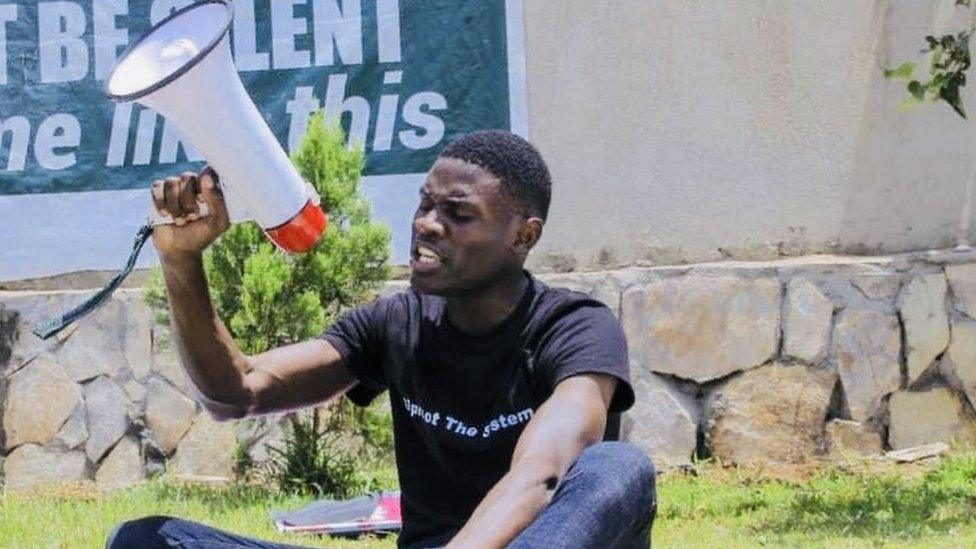
- Attribution
- Published9 January 2023
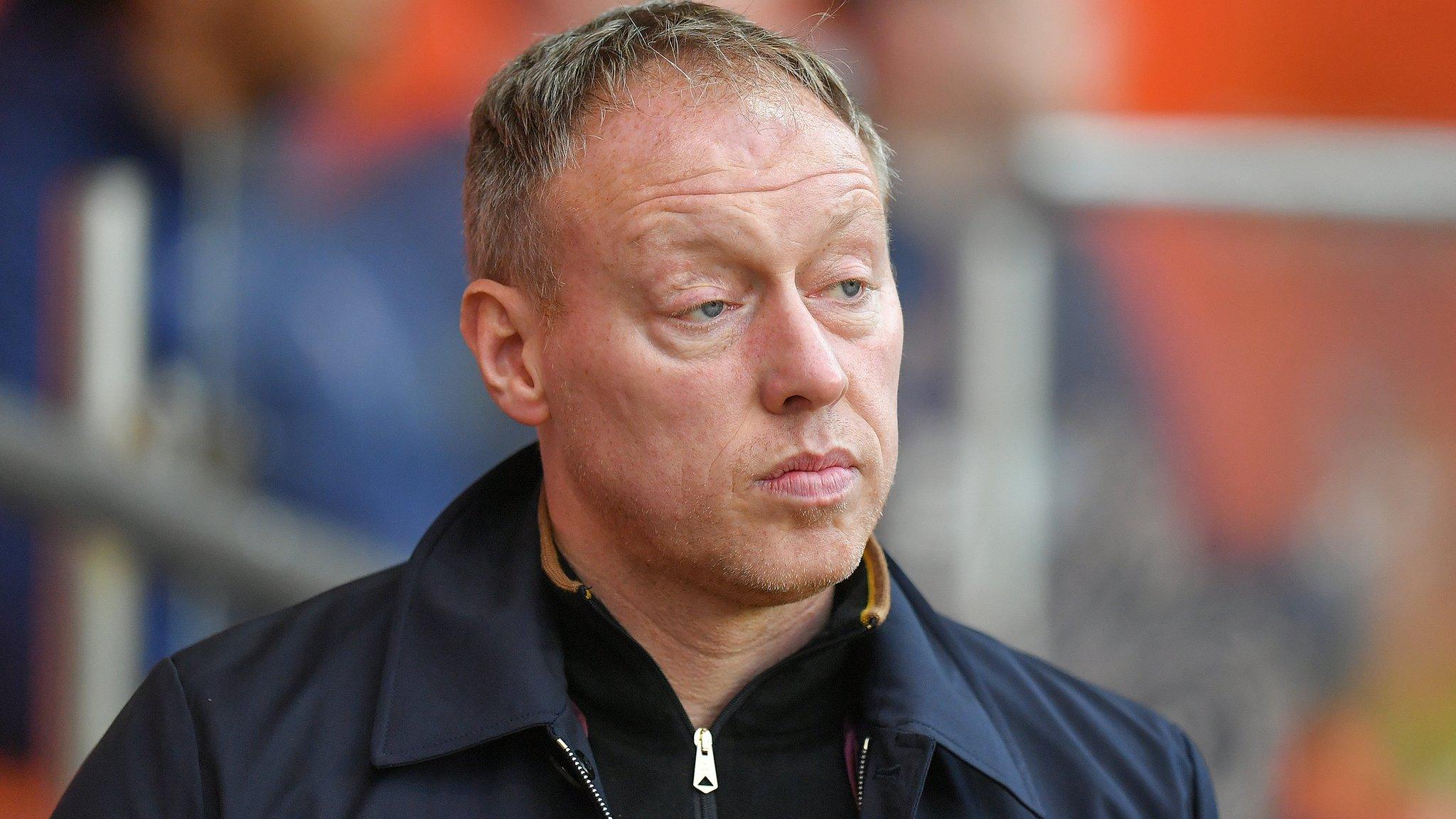
- Published1 December 2022
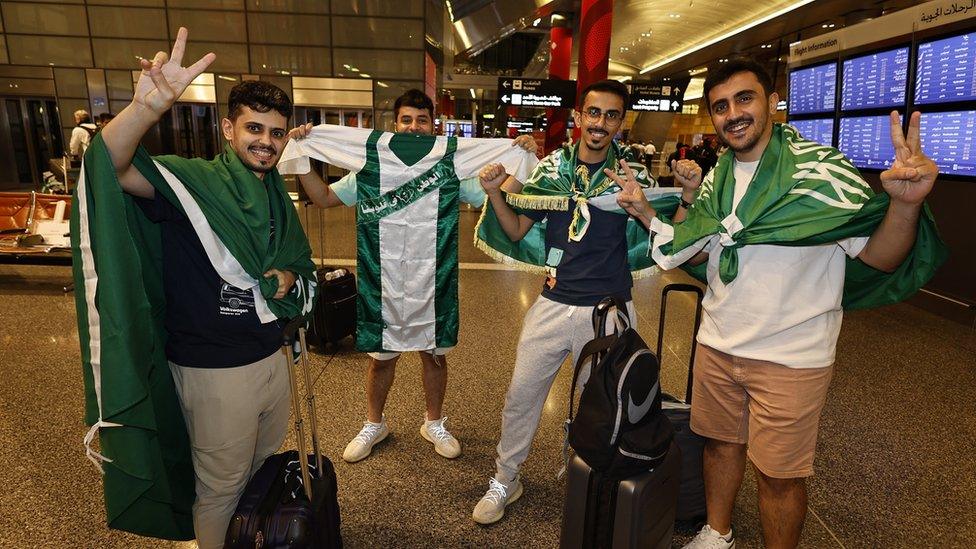
- Published24 November 2022

- Published13 November 2024
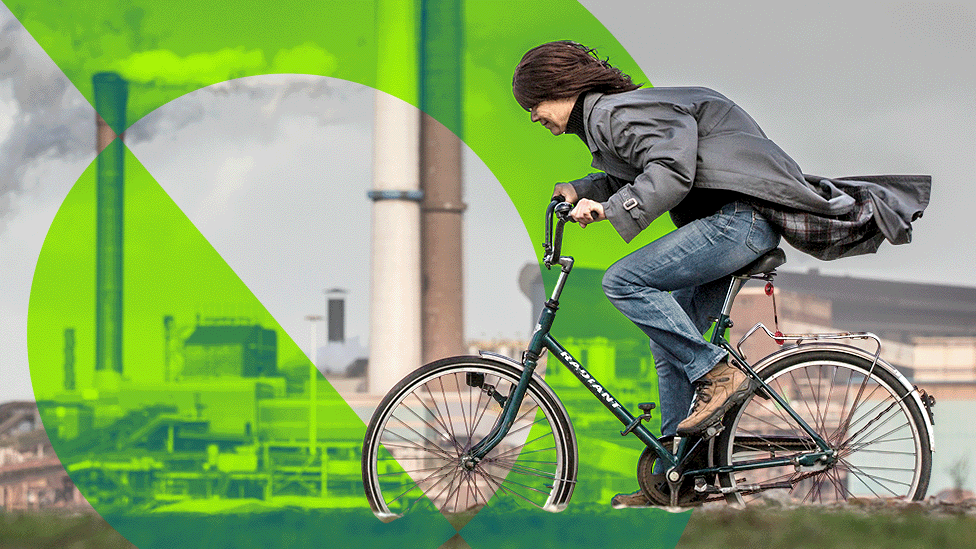
- Attribution
- Published2 August 2022
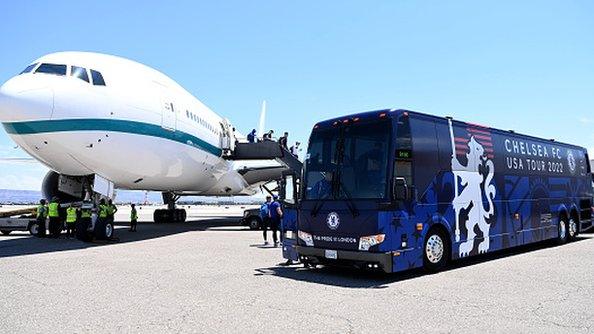
- Published21 March 2022
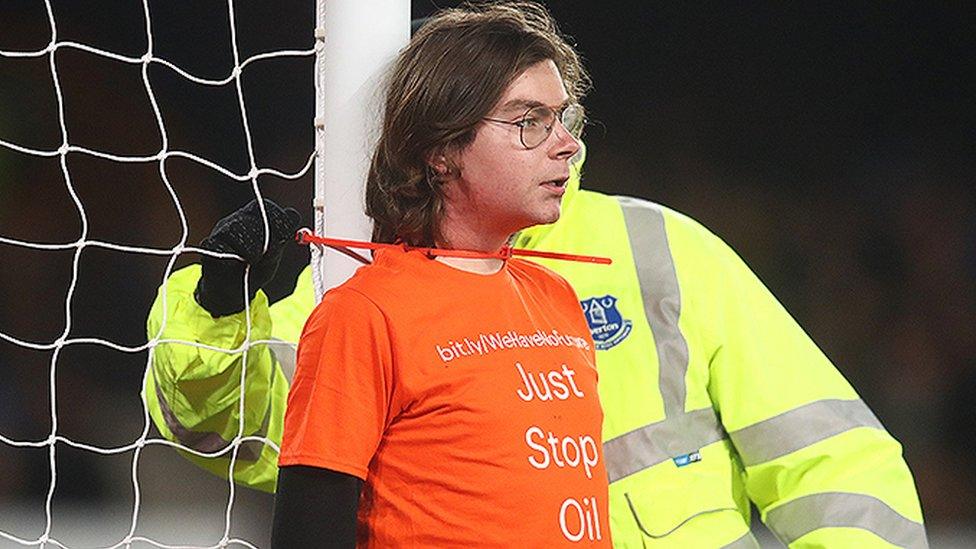
- Published5 November 2021
